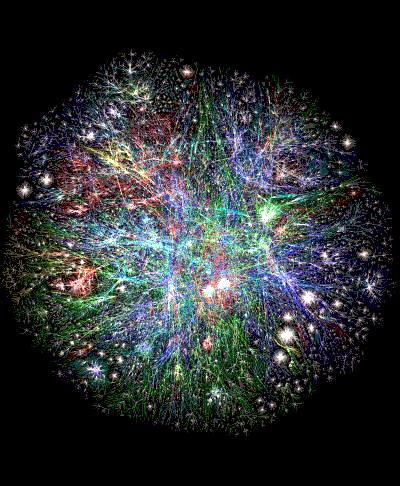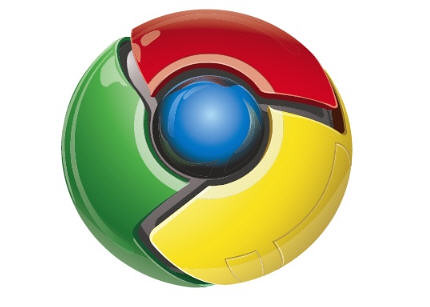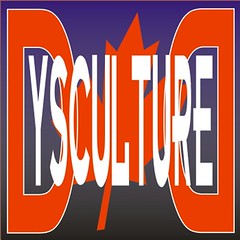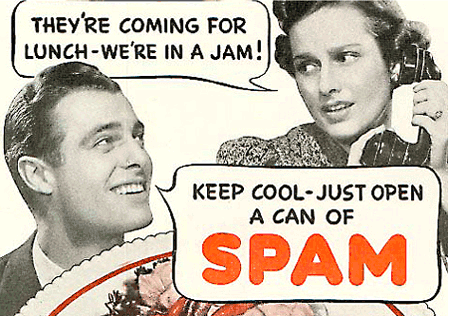Hot on the heels of a Reuters story that speaks of pictures of women breastfeeding being censored from the site, several question have popped into my mind regarding the future of social networking as a part of life... okay, the title was a bit of tagline baiting.
Obvious question: If it was a man breastfeeding (or at least portraying the act of breastfeeding) would the reaction have been different? (All Family Guy fans, here's the clip you're looking for.)
If it is acceptable for a woman to breastfeed in public, how is not acceptable that an online social network of the same people cannot accept pictures of said act?
Second obvious question: Censorship concerns aside, why would anyone want to post a picture of themself breastfeeding?
The article quotes a FB rep who claims"the photos we act upon are almost exclusively brought to our attention by other users who complain." ...which users? Doesn't Facebook work on the premise that those who can see your pics should be friends or acquaintances? Why is a stranger trolling FB profiles for breastfeeders?
If social networks are to become the consolidated evolution of social intercourse in our society, then surely the gatekeepers of these networks should reflect the global views of the people that inhabit them and not the outraged complainers.
Third obvious question: Does this mean we're going to have a rash of women posting pictures of themselves breastfeeding to make a point?
Now don't get me wrong, I fully advocate a website's right to dictate terms of use. I just think a platform like Facebook, which claims such acts are necessary to "protect children", has done little to curb pictures and videos of people drinking, smoking, or pulling stunts which cause bodily harm. Aren't these practices potentially far more damaging to children than happening to see a nipple or two? Wasn't Facebook supposed to be doing a better job at keeping children off it's site where they may be subject to predators... especially the one's trolling for breastfeeding pics?
Fourth obvious question: Why should Facebook get to define obscenity?
Let's put our cards on the table. Facebook and other social networking platforms and sites want to move a large chunk of our social discourse and intercourse online, and, I'll admit, I've bought in. I tweet, facebook, myspace, plurk, friendfeed, and ping a-plenty. But we are coming to a crunch where the line will either be drawn or crossed as to the degree I can take such online exchanges. I would hope that all things that would be acceptable in my everyday life, between friends, families and acquaintances, would be fine in my online dialogues. I would hope that I wouldn't have to live in fear of a stalwart social networking site, on whim, pulling the plug on a tool I have now turned to in directing much of my communication. I don't want to think of how many old friends I follow solely on Facebook that would be lost if my account was ever pulled.
I don't like a website having that much power over my network. And while I fully admit that I am the one giving them the set up for such a fiasco to occur... isn't that their goal? Isn't the idea that Facebook can go to investors and sponsors and say we've got this demographic at this percentage, and they would leave us if Barack Obama told them to on Twitter? All it would take is the following checkbox beside a newly-uploaded pic: "If you think a child under 12 or their parent could be offended by this picture, please check this box and we'll ask any viewer to confirm age before looking." Let the users police themselves!
We are not idiots. We are not disrespectful. We are trying it your way, but with a user-generated monetization model you'd best listen to most of us and not just prudish porn miners.
Don't become like television networks that refuse to allow real language, situations, or views of the human body for fear of advertising revenues. Be the user experience we want and need you to be and we will follow you to the end of the web... or the year... or until you sellout... or until something better comes along - hey, we're nipple - I mean FICKLE!








